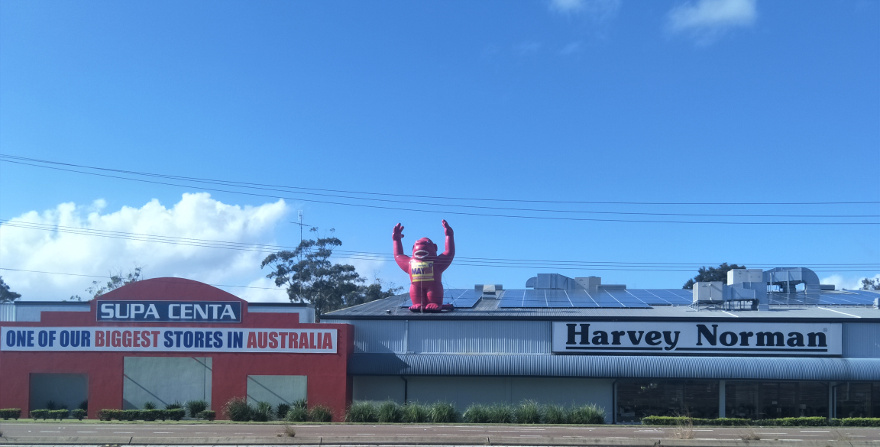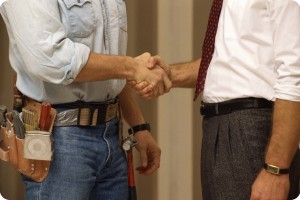Bad Rap, but close to Newcastle, Beaches and Lake!
Windale, a suburb of Newcastle, is portrayed as one of the most disadvantaged communities in NSW. It has some of the highest rates of unemployment, substance abuse and social housing in New South Wales but much of the social housing has already been sold to investors and first home owners and at VERY cheap prices!
Would you kick yourself if you didn’t invest in a property in one of the closest suburbs to Newcastle at these prices?
Continue reading “Windale is Redfern Twenty Years Ago — Should You Invest?”




